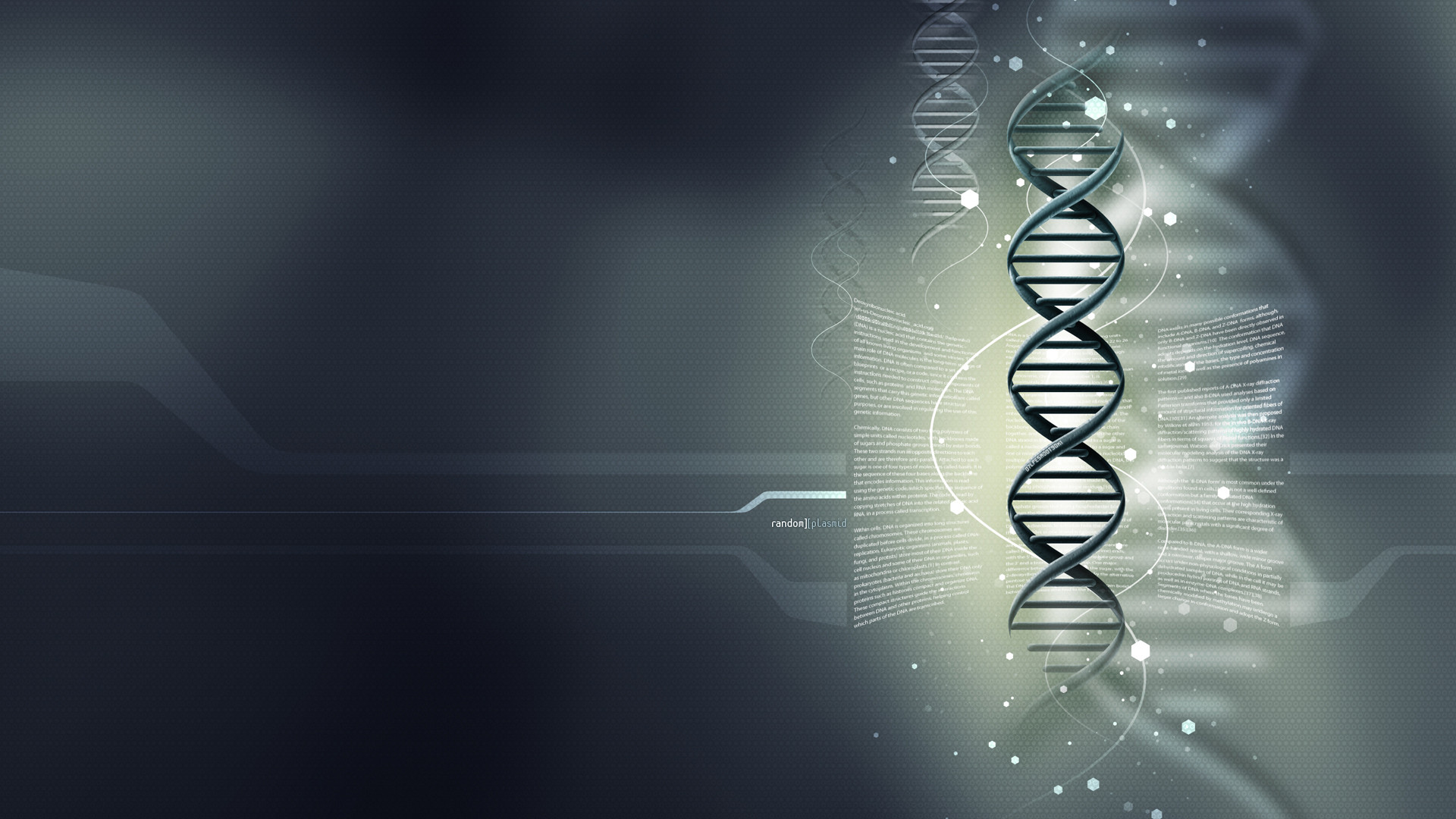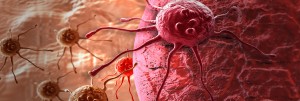Signs and symptoms are both signals of injury, illness, disease, or that something is not right in the body.
A sign is a signal that can be seen by someone else—maybe a loved one, or a doctor, nurse, or other health care professional. For example, fever, fast breathing, and abnormal lung sounds heard through a stethoscope may be signs of pneumonia.
A symptom is a signal that is felt or noticed by the person who has it, but may not be easily seen by anyone else. For example, weakness, aching, and feeling short of breath may be symptoms of pneumonia.
Having one sign or symptom may not be enough to figure out what’s causing it. For example, a rash in a child could be a sign of a number of things, such as poison ivy, measles, a skin infection, or a food allergy. But if the child has the rash along with other signs and symptoms like a high fever, chills, achiness, and a sore throat, then a doctor can get a better picture of the illness.
Sometimes, a patient’s signs and symptoms still don’t give the doctor enough clues to be sure what is causing the illness. Then medical tests, such as x-rays, blood tests, or a biopsy may be needed.
What are some general signs and symptoms of cancer?
You should know some of the general signs and symptoms of cancer. But remember, having any of these does not mean that you have cancer—many other things cause these signs and symptoms, too. If you have any of these symptoms and they last for a long time or get worse, please see a doctor to find out what’s going on.
Unexplained weight loss
Most people with cancer will lose weight at some point. When you lose weight for no known reason, it’s called an unexplained weight loss. An unexplained weight loss of 10 pounds or more may be the first sign of cancer. This happens most often with cancers of the pancreas, stomach, esophagus (swallowing tube), or lung.
Fever
Fever is very common with cancer, but it more often happens after cancer has spread from where it started. Almost all patients with cancer will have fever at some time, especially if the cancer or its treatment affects the immune system. (This can make it harder for the body to fight infection.) Less often, fever may be an early sign of cancer, such as blood cancers like leukemia or lymphoma.
Fatigue
Fatigue is extreme tiredness that does not get better with rest. It may be an important symptom as cancer grows. It may happen early, though, in some cancers, like leukemia. Some colon or stomach cancers can cause blood loss that’s not obvious. This is another way cancer can cause fatigue. http://www.texiladigipedia.com/about-us.html
Pain
Pain may be an early symptom with some cancers like bone cancers or testicular cancer. A headache that does not go away or get better with treatment may be a symptom of a brain tumor. Back pain can be a symptom of cancer of the colon, rectum, or ovary. Most often, pain due to cancer means it has already spread (metastasized) from where it started.
Skin changes
Along with cancers of the skin, some other cancers can cause skin changes that can be seen. These signs and symptoms include:
- Darker looking skin (hyperpigmentation)
- Yellowish skin and eyes (jaundice)
- Reddened skin (erythema)
- Itching (pruritis)
- Excessive hair growth
source:
cancer.org

